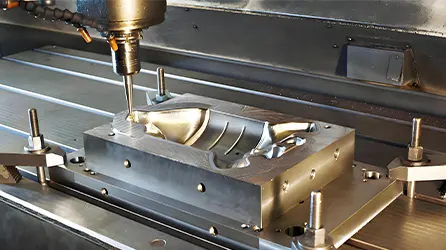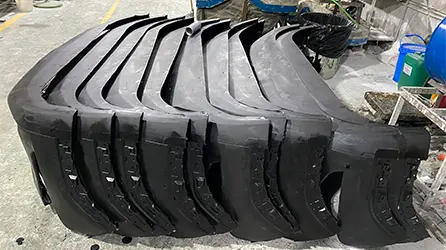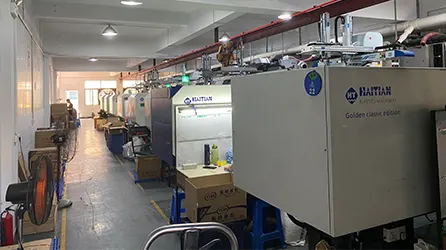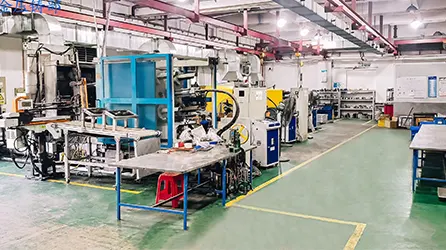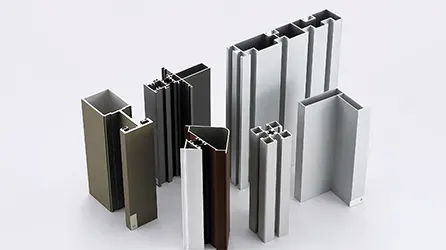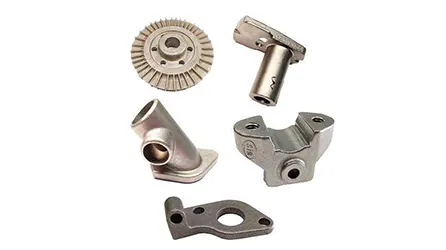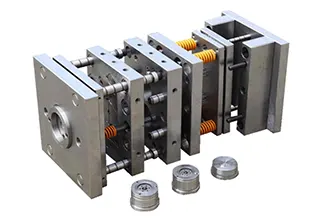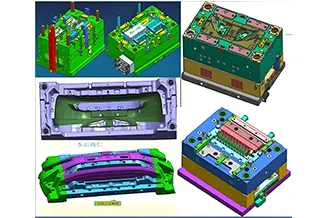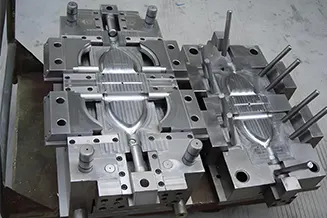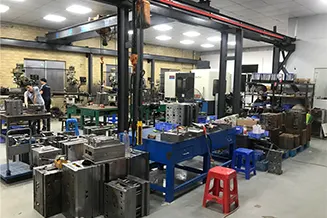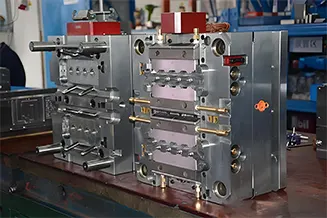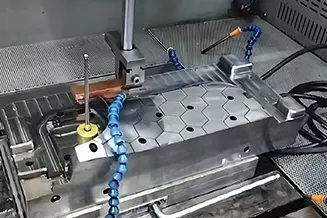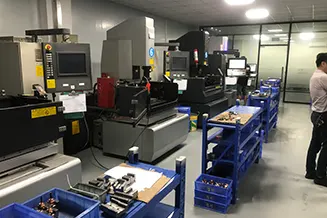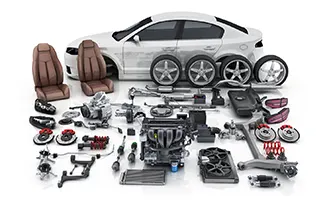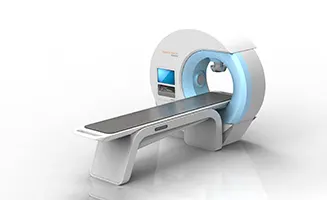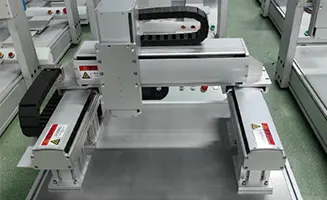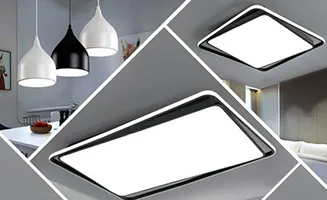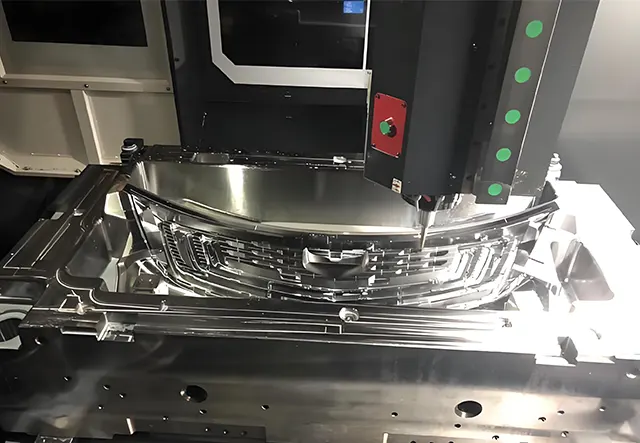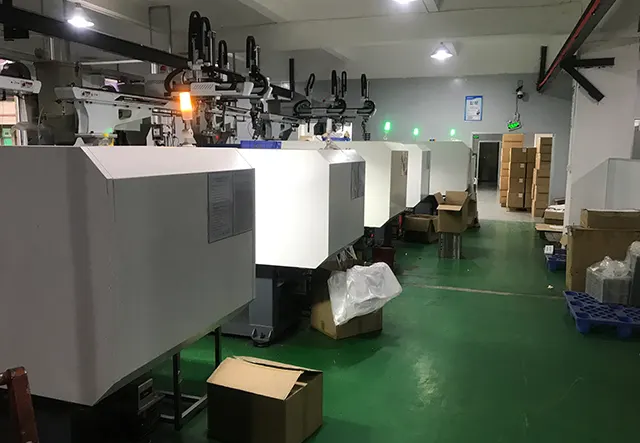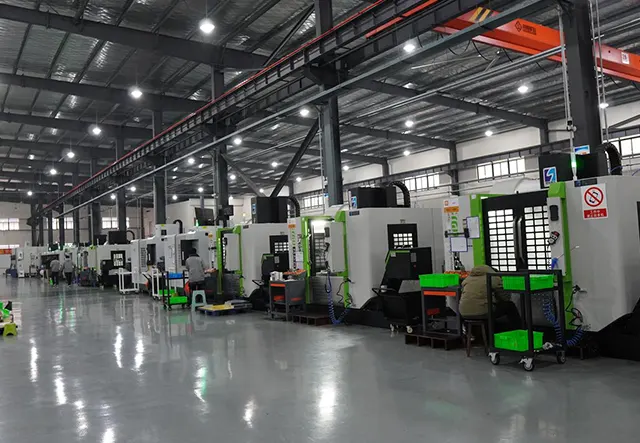Mold Making
Mold making is essential in industrial production, using various materials and processes to create molds for part molding and assembly. The process includes design, precision machining (CNC, EDM, wire cutting), assembly, trial molding, and maintenance. Efficient mold making ensures product quality and cost-effectiveness.
- Flexibility and responsiveness to meet your specific needs
- Increase your profitability & lowering production costs
- High-quality production of unique or custom products
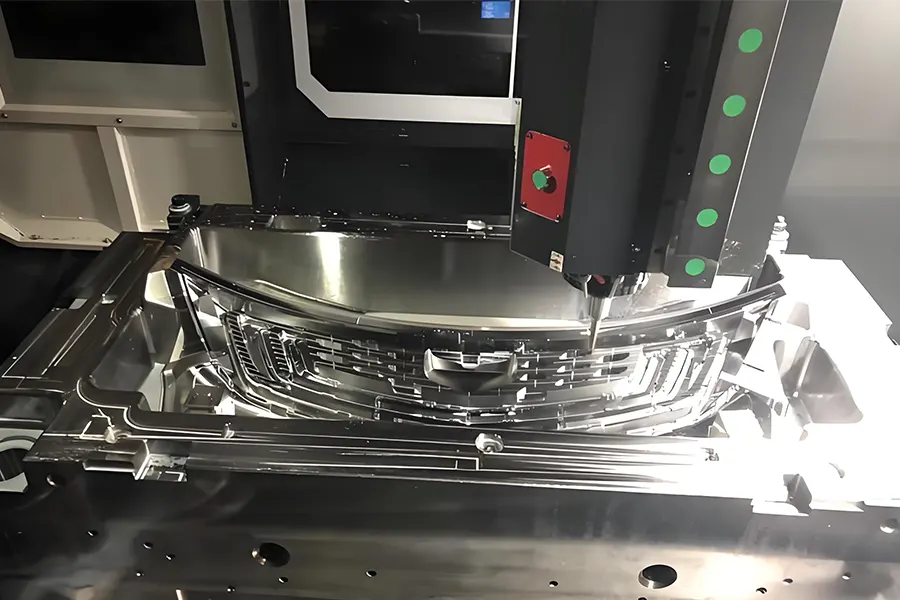
- Overview
- Feature
- Materials
- Finishes
- Why Choose Us
- Resources
High-Quality Mold Making Solutions
From Prototyping to Production
Mold making is a crucial element of industrial production, involving the use of diverse materials and techniques to create molds used for shaping, processing, and assembling various components.
Rapid Production in Mold Making and Injection Molding
We offer expert mold design, followed by efficient injection molding to produce prototypes or large production runs.With advanced technology and a focus on cost-effectiveness, we ensure the production of durable, accurate components tailored to your needs.

Mold Making and Injection Molding Materials
Mold making and injection molding utilize a range of materials, including steel, aluminum, stainless steel, plastics (e.g., ABS, polypropylene, polyethylene), and silicone. Each material is selected based on the production needs, such as durability, volume, and specific industry requirements, ensuring the mold’s performance, longevity, and cost-effectiveness.
We can source any other materials upon request! If you don’t see the material you need please contact us
Why Choose Us?
Support Precision Manufacturing specializes in rapid prototyping, CNC machining, milling, turning, vacuum casting, mold development, and injection molding. We offer seamless solutions from prototype to mass production, ensuring fast, high-quality results at competitive prices to enhance your brand.
- Can make up for the risk of large capital investment before mass production.
- Diversified production materials and styles.
- Customers can grasp the production details at any time, and understand the production progress at any time.
- Some other features can be added to the parts in production, which are not restricted by the mold.
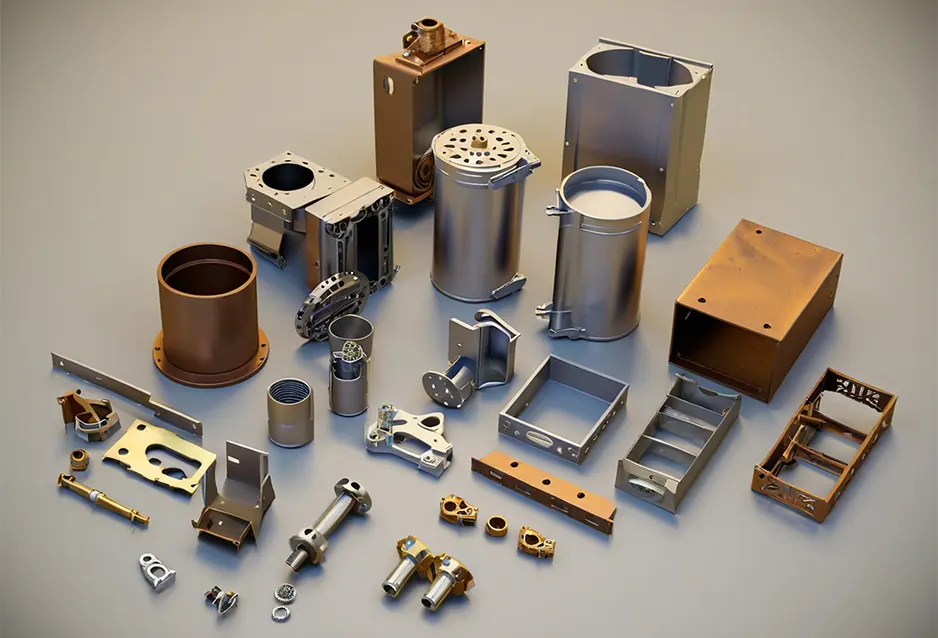
Industry Application
We manufacture millions of parts for a variety of applications, providing best-in-class products for different industries: Automotive, Medical, Robotics, Automation Equipment, Communications, Consumer Electronics, LED Lighting etc.
FAQs
What is your CNC machining capacity (how many machining machines do you have)?
What is the minimum accuracy of your CNC machining?
Is there a minimum order quantity (MOQ) for CNC machining?
What materials are CNC machining used for?
What are the advantages of CNC machining?
What are the application areas of CNC machining?
How long does it take to receive a part after an order is placed?
Manufacturing Resources
Start production of your parts today


